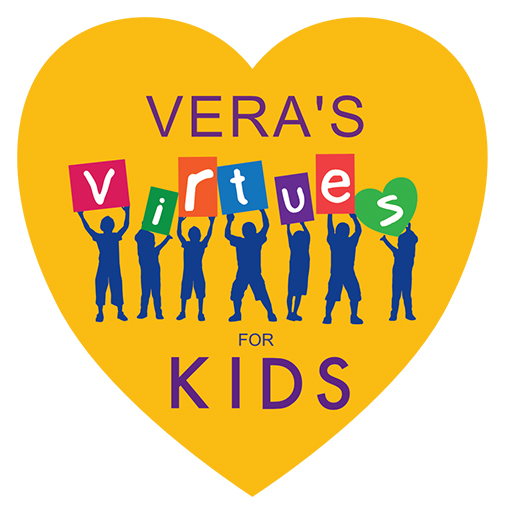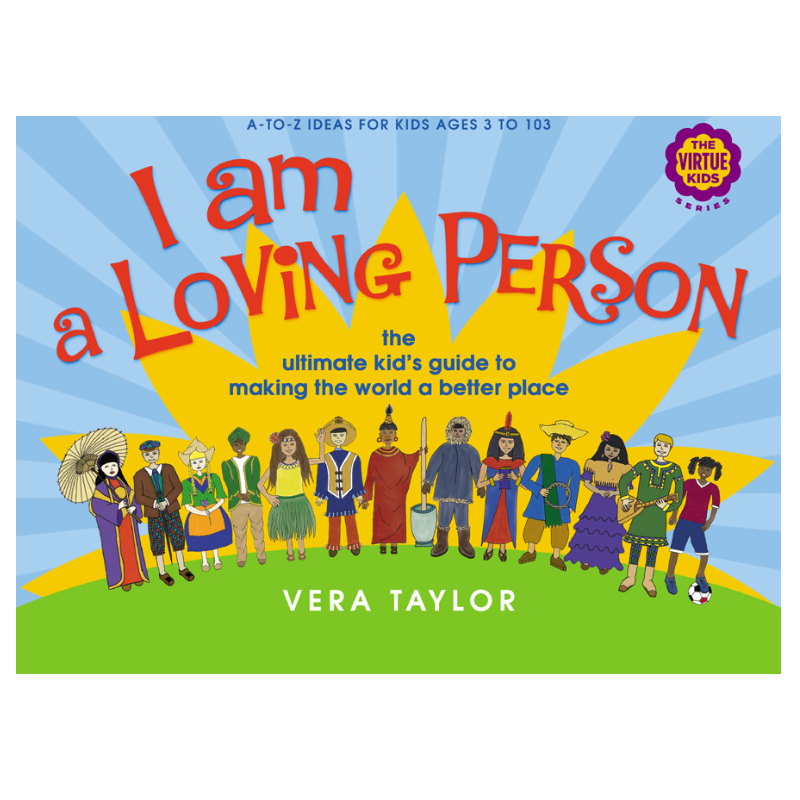Equity is the most fundamental among human virtues. The evaluation of all things must needs depend upon it.
– Bahá’u’lláh
Equity is the fair and just distribution of resources and opportunities, regardless of a person’s background or identity. It is a virtue that is essential for creating a more just and equitable society.
- Talking about equity: Talk to your child about what equity is and why it is important. Explain how equity can help us to create a more just and fair society.
- Model equity. The best way to teach equity is to model it yourself. Be fair and just in your own words and actions. For example, you could make sure that all of your children have the same opportunities, regardless of their gender, race, or socioeconomic status.
- Read stories about equity. There are many great children’s books that feature characters who demonstrate equity. Reading these books can help your child to learn about and understand equity.
- Watch movies and TV shows about equity. There are also many movies and TV shows that feature characters who demonstrate equity. Watching these shows can help your child to learn about and understand equity.
- Play games and do activities that promote equity. There are many games and activities that can help children to learn about and practice equity. For example, you could play a game of “I Spy” and encourage your child to find things that they are grateful for. Or, you could have a family meeting and discuss ways to show kindness to others in your community.
- Reward good behavior. When your child demonstrates equitable behavior, be sure to praise them. This will help them to understand that their good behavior is valued.
Teaching equity to a child is an important part of parenting. By modeling equity yourself and providing opportunities for your child to learn and practice it, you can help them to develop a strong character that will serve them well throughout their lives.
Here are some additional tips for teaching equity to children:
- Help children to understand the concept of fairness. This can be done by talking about fairness, reading books about fairness, and helping children to identify fair and unfair situations.
- Encourage children to stand up for what they believe in. This can be done by asking children to think about what they believe is fair, and then encouraging them to speak up when they see something that is unfair.
- Praise children for their equitable behavior. When children demonstrate equitable behavior, be sure to let them know that you appreciate their kindness.
- Be patient. It takes time for children to learn equity. Be patient and continue to model equity yourself.
By following these tips, you can help your child to develop the virtue of equity. Equity is a powerful force that can make the world a better place.
Equality and equity are often used interchangeably, but they have different meanings. Equality is the state of being equal, while equity is the state of being fair and just.
In the context of social justice, equality means that everyone is treated the same, regardless of their background or identity. Equity, on the other hand, means that everyone has the same opportunities to succeed, even if they start from different places.
For example, equality might mean that everyone has the same number of seats in a classroom. Equity, on the other hand, might mean that students with disabilities have access to assistive technology so that they can participate in class.
Equity is important because it ensures that everyone has a fair chance to succeed. Equality, on the other hand, can sometimes lead to inequality, if people with different backgrounds or identities are not given the same opportunities.
Here are some examples of how equity and equality differ:
- Equality: Everyone is given the same amount of food.
- Equity: Everyone is given the food they need to be healthy.
- Equality: Everyone is given the same amount of time to complete a task.
- Equity: Everyone is given the resources they need to complete a task successfully.
- Equality: Everyone is given the same number of opportunities.
- Equity: Everyone is given the opportunities they need to succeed.
As you can see, equity is about providing people with what they need to succeed, while equality is about treating everyone the same. Equity is a more complex concept than equality, but it is also a more important one. By striving for equity, we can create a society where everyone has a fair chance to succeed.
How can we overcome barriers to equity?
- Educate yourself and others about the barriers to equity. The first step to overcoming any barrier is to understand it. By educating yourself and others about the barriers to equity, you can start to dismantle them.
- Advocate for policies and practices that promote equity. There are many policies and practices that can promote equity. By advocating for these policies and practices, you can help to create a more just and equitable society.
- Support organizations that are working to overcome barriers to equity. There are many organizations that are working to overcome barriers to equity. By supporting these organizations, you can help to make a difference.
- Be an ally to people who are facing barriers to equity. One of the best ways to overcome barriers to equity is to be an ally to people who are facing them. By being an ally, you can help to create a more welcoming and inclusive environment for everyone.
Overcoming barriers to equity is not easy, but it is important. By working together, we can create a more just and equitable society for everyone.










